While nothing can bring back a loved one who has been killed by someone else’s carelessness, a wrongful death lawsuit allows family members to get some measure of closure and better cope with the financial and emotional strain of that person’s death. Georgia's wrongful death laws differ greatly from many of the surrounding states, and it has one of the most humane ways of calculating damages.
In Georgia, the family of the deceased has the right to pursue two types of claims against the person's negligence responsible for the death.
Wrongful Death Actions in Georgia
The first type of lawsuit that survivors can file is a wrongful death claim. Under Georgia’s wrongful death statute, damages for wrongful death are set as the full value of the life of the deceased, from the perspective of the decedent. The “full value of life” includes both economic damages, such as projected lifetime income (with no deduction for living expenses or income taxes), value of services, and other losses of income, as well as intangible factors, such as a valuation of their experience of living.
This amount is determined by an impartial jury. There is no rigid formula or arbitrary calculation mandated by Georgia law to use to decide on the amount of compensation. Wrongful death damages can therefore vary greatly depending on the case. Unlike some other states, however, the subjective grief of the survivors is not factored into the calculation of wrongful death damages.
In Georgia, wrongful death lawsuits are designed to provide compensation to the surviving relatives of the deceased. They are not subject to liens on the deceased’s estate, as the money is intended for any good future use by the family. The survivors entitled to compensation are defined by Georgia statute.
- The right to sue for wrongful death goes first to the surviving spouse of the deceased. Any settlement is to be divided equally between the surviving spouse and any surviving children.
- If there is no surviving spouse, the right goes to any surviving children. If the surviving spouse is missing or does not want to pursue wrongful death claims, the court may allow the children to pursue a wrongful death claim alone.
- If there are no surviving children or surviving spouses, the decedent’s parents have the right to sue. If parents are separated or divorced, the division of any settlement falls to the court’s discretion. There have been cases where an absentee parent was given as little as half of a percent of the total recovery for the wrongful death of a child.
- In the absence of a surviving spouse, child, or parent, the administrator of the deceased’s estate has the right to sue on behalf of the next of kin, such as a sibling or grandparent.
Survival Actions in Georgia
The other type of lawsuit that survivors can file is a survival action. This type of lawsuit is brought by the executor or administrator of the estate on behalf of the deceased to recover compensation for the decedent’s pain and suffering before death, any medical expenses incurred before death, and funeral expenses. It is also through a survival action that punitive damages may be sought. Unlike wrongful death suits, damages are subject to medical liens. These cases are often worthwhile if there is not much debt against the estate.
In cases where the deceased died very suddenly, a claim for the mental pain of recognizing the impending death may have great value. In these cases, an accident reconstruction can help establish how long the person knew of their impending death before dying.
Contact Us Today
Both wrongful death actions and survival actions are ways for survivors to begin to move on from the tragedy of a family member’s death. Damages can be used either to support a family deprived of its breadwinner or simply to compensate for the loss of the decedent. In either case, it is a way to feel that justice has been served. Van Sant Law stands ready to help you with your situation. If someone that you love has died wrongfully by the negligent acts of another, contact the caring Georgia wrongful death attorneys at Van Sant Law, to find out how we can help you with your case today. Fill out our free, no-obligation online form, or call (800) 234-9556.





.2410171551550.png)
